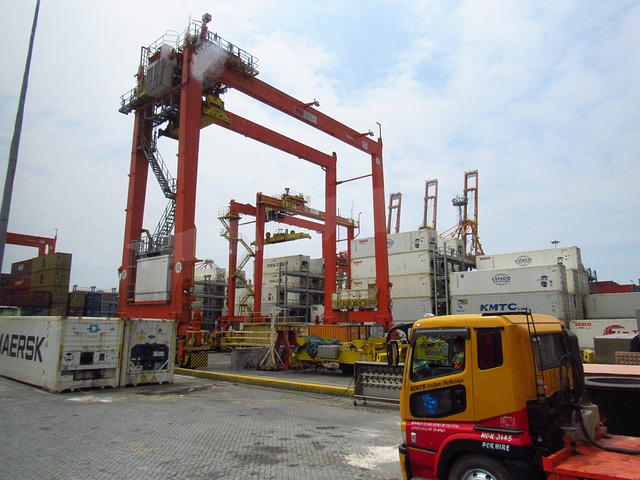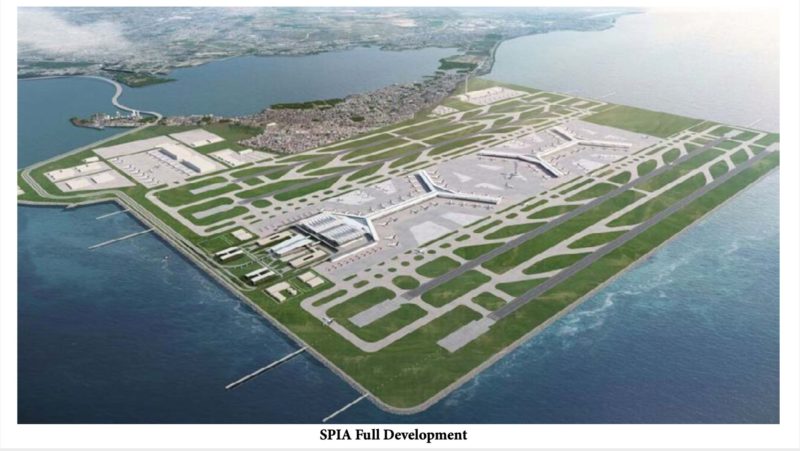-
The government will soon implement pre-border inspection of imports
-
During his State of the Nation Address on July 22, President Ferdinand Marcos, Jr said adoption of the technical verification and cross-border electronic invoicing for all imported commodities will send a strong message that we mean serious business”
The government will soon implement pre-border inspection of imports.
In his third State of the Nation Address on July 22, President Ferdinand Marcos Jr. said implementation of the technical verification and cross-border electronic invoicing of all imported commodities “will send a strong message that we mean serious business.”
Marcos also reiterated a staunch stance against smuggling during the SONA.
He noted that “through modernized customs procedures and heightened enforcement efforts, more than P2.7 billion worth of smuggled agri-fisheries products have been seized, preventing them from entering the market and negatively influencing prices.”
Marcos further disclosed all seized rice were distributed to impoverished families while other smuggled products were destroyed to ensure they won’t be recycled.
The President last May approved Administrative Order (AO) No. 23, which directs the Bureau of Customs (BOC) to implement the system that expedites the inspection of all imported goods entering the country to further strengthen national security, safeguard consumers’ rights, and protect the environment against sub-standard and dangerous imported goods.
The Department of Finance (DOF) in June said the Committee for Pre-border Technical Verification and Cross-border Electronic Invoicing (CPTVCEI) has approved the creation of a technical working group (TWG) to review and finalize the draft joint administrative order (JAO) implementing the pre-border technical verification and cross-border electronic invoicing of all imported commodities.
READ: Pre-border verification, e-invoicing of imports implementation underway
The JAO details, among others, the objectives, scope, exemptions, qualifications for the accreditation of testing, inspection, and certification (TIC) companies, reporting, and clearance procedures for the proper implementation of AO 23.
Pre-border technical verification refers to testing and inspection of all commodities by accredited TIC companies prior to exporting to the Philippines for purposes of verifying in advance the declared specifications, description, weight, volume, and country of origin, and ensuring that these commodities are safe and of good quality, in accordance with the World Trade Organization Facilitation Agreement, and existing laws, rules and regulations.
The cross-border electronic invoicing system is used by a verified and registered foreign exporter to create export invoice on a single electronic platform controlled by the government.
The electronic invoice is shared transparently and in real time with BOC, Bureau of Internal Revenue, Department of Agriculture, Department of Trade and Industry, and other relevant government agencies.
To undertake the necessary steps for implementation, AO 23 created the CPTVCEI with the Finance secretary as chairperson and with the secretaries of Agriculture, Trade, Energy, Health, Environment and Natural Resources and Information Communications Technology serving as members.
Implementation of AO 23 will be in three phases. The first phase covers agricultural goods, the second phase non-agricultural goods with health and safety issues, and the third phase covers other goods with misdeclaration to avoid duties and taxes.
The CPTVCEI will be setting timelines and targets for the phased implementation of AO 23, provided that the system will be fully implemented within two years from the effectivity of AO 23.









